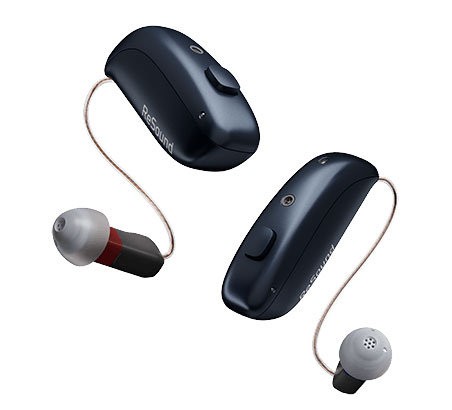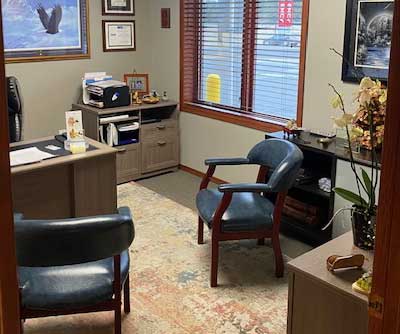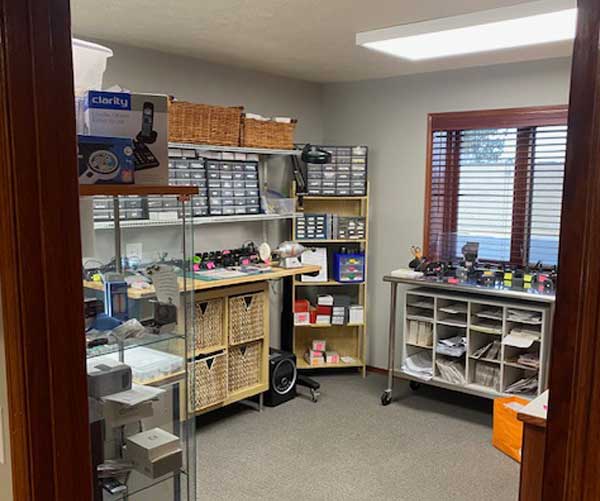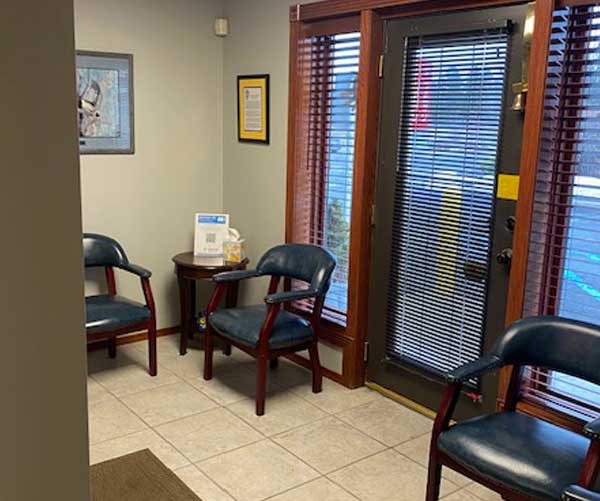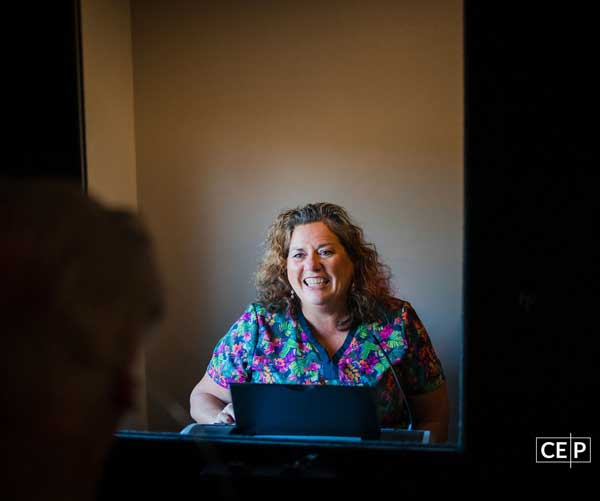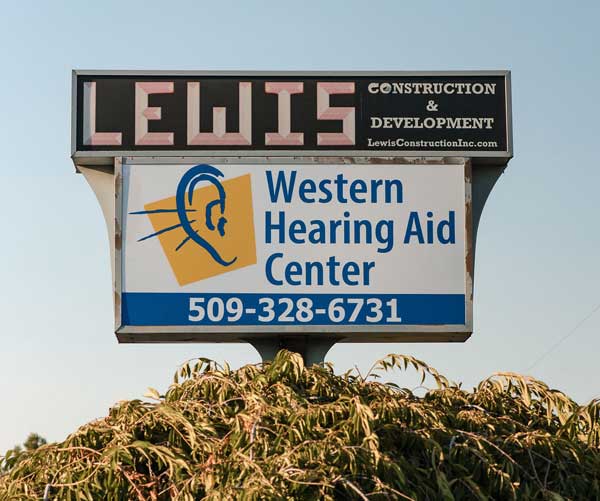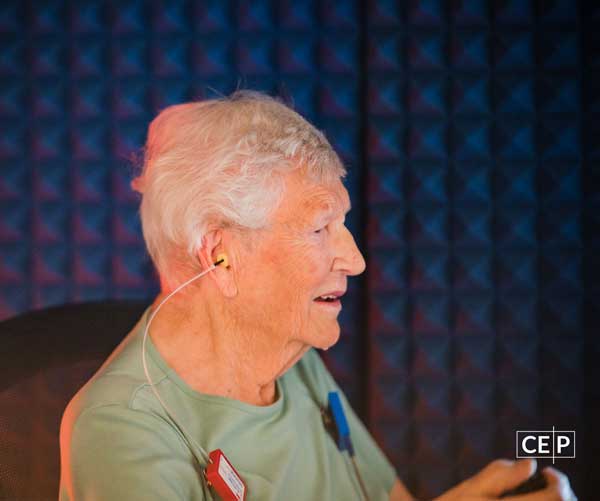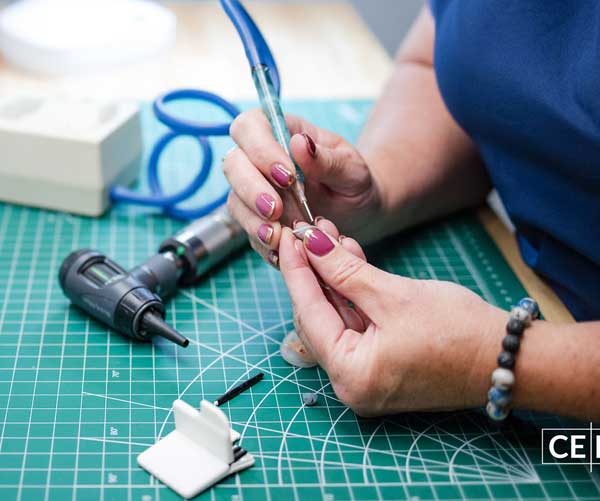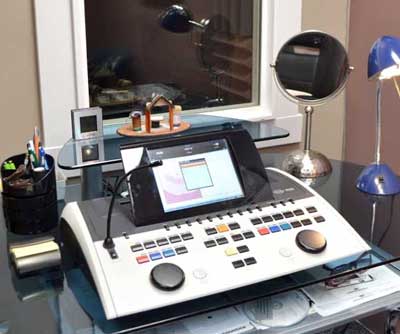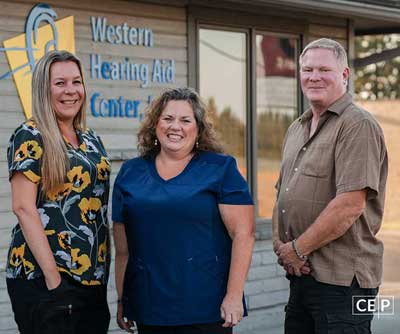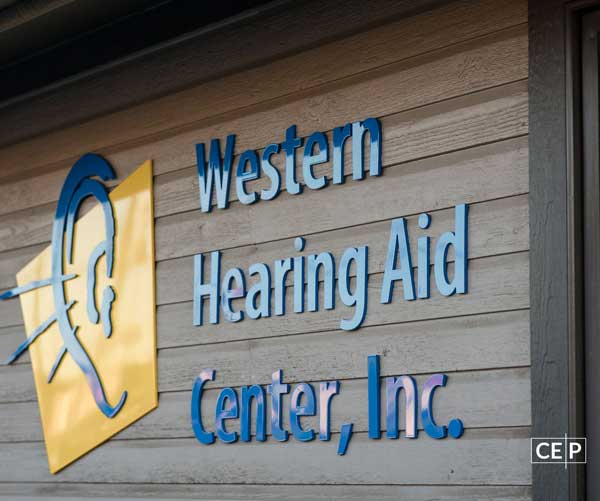Noise Induced Hearing Loss
 Noise Induced hearing loss (NIHL) is the second most common type of sensorineural hearing loss, following age-related hearing loss (presbycusis). NIHL can develop gradually due to prolonged exposure to high noise levels or occur suddenly from a single, extremely loud sound. When the ears are subjected to excessive noise, the delicate stereocilia and inner ear hair cells become damaged, impairing their ability to convert sound into electrical signals for the brain to interpret.
Noise Induced hearing loss (NIHL) is the second most common type of sensorineural hearing loss, following age-related hearing loss (presbycusis). NIHL can develop gradually due to prolonged exposure to high noise levels or occur suddenly from a single, extremely loud sound. When the ears are subjected to excessive noise, the delicate stereocilia and inner ear hair cells become damaged, impairing their ability to convert sound into electrical signals for the brain to interpret.
Preventing Noise Related Damage
Currently, there is no way to restore damaged hair cells in the auditory system. This makes it crucial to limit further exposure to loud sounds to prevent worsening hearing loss. Understanding hazardous noise levels—typically anything above 85 decibels (dB)—is the first step in protecting yourself and those who may be too young to recognize the risks.
Signs of NIHL
Common symptoms of NIHL include:
- Ringing, buzzing, or humming in one or both ears (tinnitus)
- Muffled or distorted sound perception
- Difficulty understanding speech in noisy environments
Noise Induced hearing loss (NIHL) is the second most common type of sensorineural hearing loss, following age-related hearing loss (presbycusis). NIHL can develop gradually due to prolonged exposure to high noise levels or occur suddenly from a single, extremely loud sound. When the ears are subjected to excessive noise, the delicate stereocilia and inner ear hair cells become damaged, impairing their ability to convert sound into electrical signals for the brain to interpret.

Preventing Noise Related Damage
Currently, there is no way to restore damaged hair cells in the auditory system. This makes it crucial to limit further exposure to loud sounds to prevent worsening hearing loss. Understanding hazardous noise levels—typically anything above 85 decibels (dB)—is the first step in protecting yourself and those who may be too young to recognize the risks.
Signs of NIHL
Common symptoms of NIHL include:
- Ringing, buzzing, or humming in one or both ears (tinnitus)
- Muffled or distorted sound perception
- Difficulty understanding speech in noisy environments

Protecting Your Hearing
At Western Hearing Aid Center, we offer a range of high-quality ear protection solutions designed for various activities, including:
- Motorcycling, snowmobiling, and motorsports
- Hunting, shooting, and exposure to loud recreational sounds
- Workplace noise protection
- Music and concert environments
- Swimming and sleeping earplugs
We specialize in custom-fit hearing protection tailored to your lifestyle, available in different designs, colors, and styles to suit any environment. Safeguard your hearing today—because once it’s gone, it can’t be restored.

